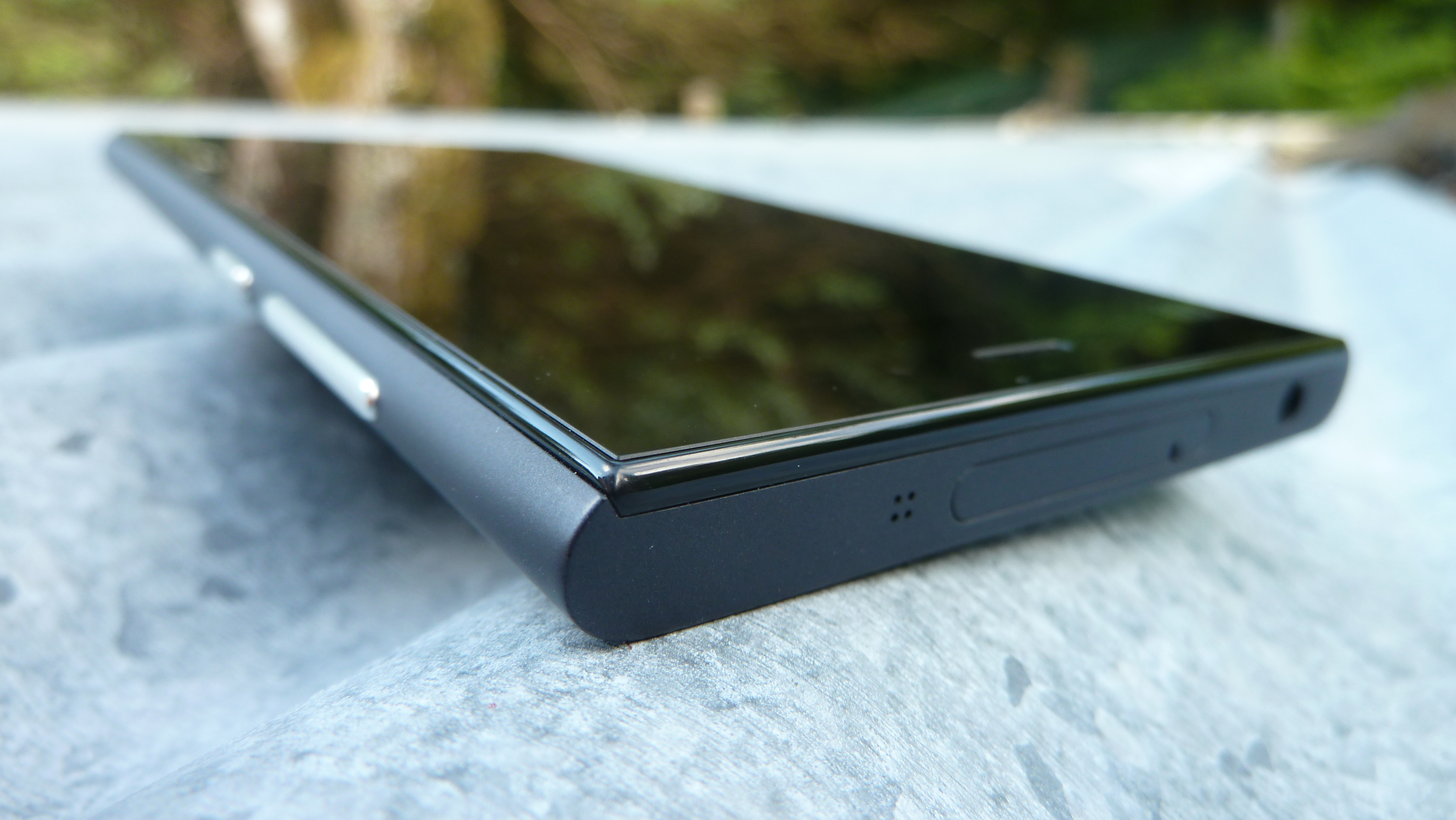The emerging market smartphone war: who will be the ultimate winner?
Developing nations are crucial for future profits

The biggest growth in smartphone penetration is in emerging markets, as recent earnings announcements attest. Apple has seen major success in China of late, the world's biggest and fastest growing smartphone market. Through Cupertino's partnership with a local, and incidentally the world's largest, mobile operator, it was able to make actual steps towards global dominance, seeing the world as round instead of flat and taking into account the emerging markets, as well as the West.
Now other handset manufacturers need to start following suit by partnering with local operators, as a middle-of-the-road strategy is no longer effective. We have seen this with the former king of the emerging markets, Samsung, with its strategy of providing a range of devices at different price points in these regions failing to deliver a good return on investment.
Local competition
Local competitors like Xiaomi and Micromax (in China and India respectively) that didn't pose a threat in the early days are now the dark horses that are biting at the bit more eagerly than their veteran counterparts. For a start, they have three key ingredients: they have localised content, affordable devices and a loyal customer base.
Our study, The Next Mobile Frontier, that we conducted with Ovum last year showed that 76% of smartphone buyers in China, India, Vietnam, Nigeria and Brazil consider whether content is familiar and easy to understand when buying a device. Also, 78% consider whether it is in a language they understand and 74% look for a payment method that is accessible. As well as providing a range of affordable devices, this helps to highlight why Xiaomi has done so well – through its localised MIUI software features and services.
We know that Apple is high on people's wish-lists around the world and the iPhone 6 certainly hasn't done it any harm in that respect. In our study, Apple was crowned most coveted mobile brand in Brazil, Nigeria, India, Vietnam and China. Mobile users in these regions put Apple at the top spot with almost a third (32%) wanting to buy a device from the brand. Samsung was still very much in the running though, coming a very close second with 29% of the vote.
Brand aspiration is clearly a deal maker for many smartphone buyers. 70% of consumers polled also stated that global brands offer the best content in the market, tending to keep users up-to-date with the latest developments.
Samsung squeeze
Samsung, it would seem, is occupying an increasingly squeezed middle ground – it's being priced out of the market at the lower end and looked over in favour of Apple devices where affordability isn't an issue, and the company will have to fight it out with the rest of the competition. Holding onto that second place is going to be tough in 2015, especially with last year's release of budget devices operating on the Android One platform from Google.
Sign up to the TechRadar Pro newsletter to get all the top news, opinion, features and guidance your business needs to succeed!
One strategy that Samsung could adopt is making more culturally relevant and desired mobile content. We know that Google Play is currently the most-used app store and Samsung could capitalise on this by creating not only popular entertainment apps but apps that are wanted in emerging markets, such as apps based around health and education. Mobile content and applications we have worked on which have been very successful include health alerts in Nigeria and English lessons in Brazil.
Understanding your audience is key and Google is really taking that next step by thinking about how feature phone users all over the world can update their device in order to affordably and reliably access the internet.
Apple Pay
And of course we can't forget the influence of Apple Pay – in the short-term, this could revolutionise the mobile payments scene in the West, but if Apple puts the right framework in place, the system could overcome a large barrier for smartphone users in emerging markets.
Many smartphone users can't currently pay for mobile content because they don't have a credit card. In our study, we found that the preferred way to purchase mobile content for nearly half of Nigerian consumers was through their mobile operator by pay as you go. If Apple extends the technology not only to credit card companies but also to mobile operators, it could crack the code of mobile payments on a global scale.
At any rate, it will certainly be very interesting to see the positions of global players and local competitors in the year ahead, to see who is paying attention to these very important audiences in the smartphone market.
- Marco Veremis is CEO and founder of Upstream